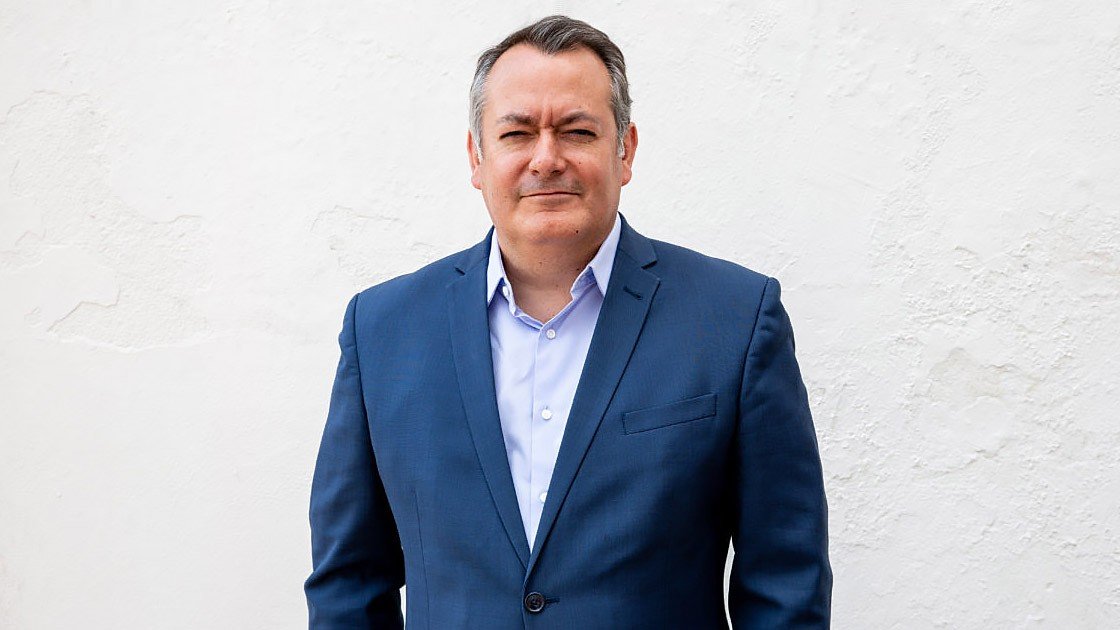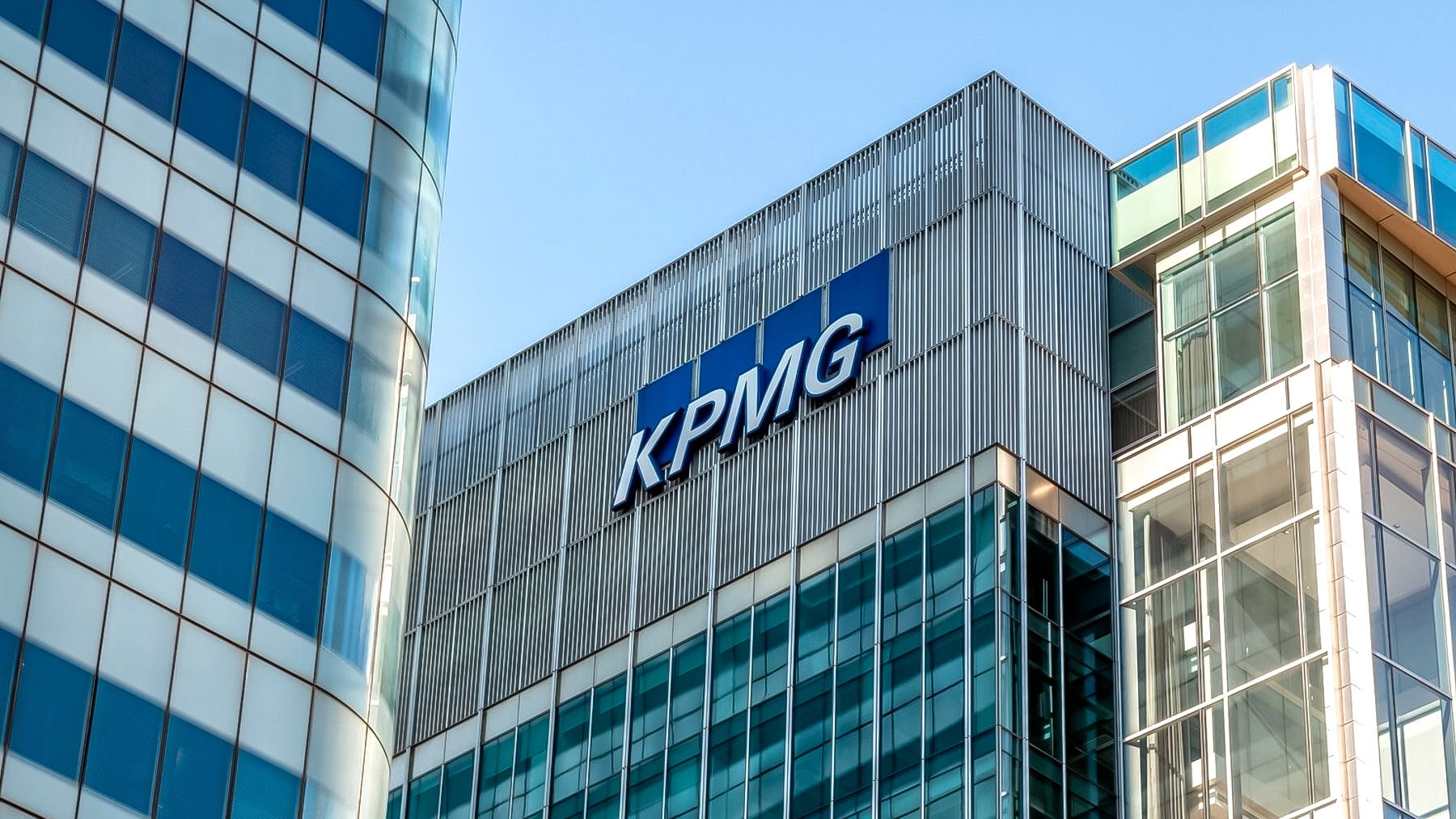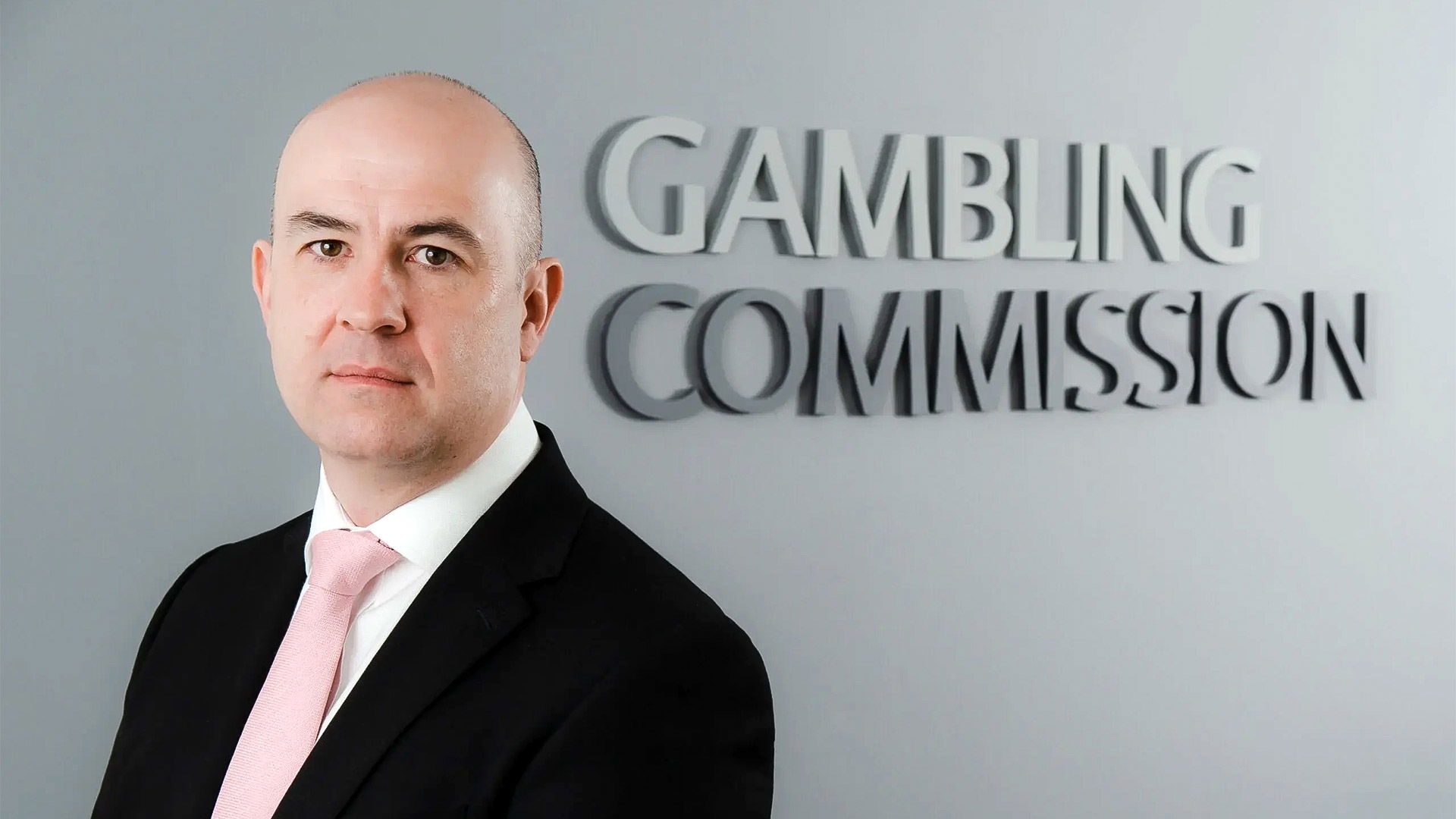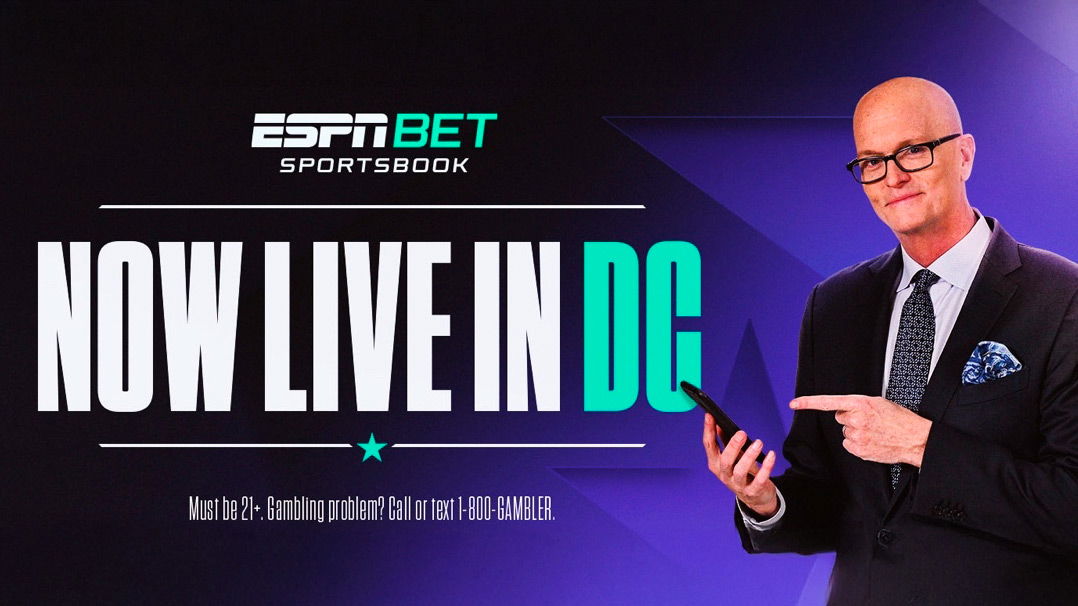BGC urges DCMS to protect gambling jobs, speed up modernization proposals for UK casinos

The UK’s Betting and Gaming Council has asked the Department of Culture, Media and Sport (DCMS) to protect gambling jobs ahead of planned changes to gambling law. The industry body provided evidence and opinions to a DCMS Select Committee Inquiry, ahead of the imminent publishing of the first consultations of the Gambling Review’s White Paper.
BGC Chief Executive Michael Dugher and Standards and Innovation Executive Wes Himes spoke with the committee about the reforms, highlighting that the body supports measures to raise standards, protect the vulnerable, preserve industry jobs, and modernize UK gambling. In specific, the BGC said it stands by measures to adopt iGaming spending checks, a mandatory levy to fund research and treatment, stake limits for online slots, and an industry ombudsman.
However, Dugher urged MPs to ensure a measured approach in implementing the proposed changes in an effort to protect the economic and labor contribution the industry makes to society. The CEO said the body’s members are “proud” to back hard-pressed high streets. However, he noted there have been 2,000 closures of bookmakers, which have seen around 10,000 jobs lost since 2019.
During the meeting, Dugher also urged MPs to “remember” the 22.5 million punters “who enjoy a bet on a regular basis,” emphasizing that they choose what to do with their money. According to the BGC chief executive, their voice is one that “has been occasionally lost in this whole white paper process.”
Elsewhere in his speech, Dugher praised the economic contributions made by BGC members, noting the gaming industry contributes £7.1 billion ($9.3 billion) to the economy, generates £4.2 billion ($5.5 billion) in tax and supports 110,000 jobs. As for betting shops in specific, the body said they currently support around 42,000 jobs and contribute £1 billion ($1.3 billion) a year in tax to the Treasury, and another £60 million ($78.7 million) in business rates to local councils.
These contributions are made with no clear indications of a rise in problem gambling, said the BGC team. While the executives conceded there is a clear need to tackle the harm experienced by those who qualify as problem gamblers, Himes stressed rates have fallen: "They have nearly halved since 2017 to 0.3% today – one of the lowest problem gambling rates internationally. So even though there has been a rise in the enjoyment of the product, there has also been a reduction in the problem gambling rate during that same time.”
BGC's Wes Himes
Sports ads and industry modernization
During over two hours of questions, the trade body also stressed there is "no evidence" supporting a link between sports advertising and problem gambling. "We work tirelessly to try to bring in more measures. We've developed 11 codes over the last three years, over 80 substantial measures which sit on top of regulation and legislation in order to create that safer gambling culture,” Himes added.
Asked where there should be a ban on gambling advertising, Dugher said he would recommend this if there was “any evidence of a link.” However, he pointed out that the Government, having reviewed all of the evidence, also did not find it. In turn, the BGC boss told the committee that an “evidence-led” approach was in the best interest of the industry and society.
Another point brought up in the conversation was the modernization of UK casinos. The BGC representatives urged for plans in this direction contained in the White Paper to be “sped up,” with Dugher stressing casinos need to "get access to some of the liberalizing and modernization measures that might help to save some of those businesses and grow some businesses."
In a statement, the BGC said it will keep working with the Department for Culture, Media and Sport and the Gambling Commission on the series of consultations resulting from the White Paper. Besides the BGC, the DCMS committee also heard evidence from John White, Chief Executive of Bacta; and Miles Baron, Chief Executive of the Bingo Association.


















































